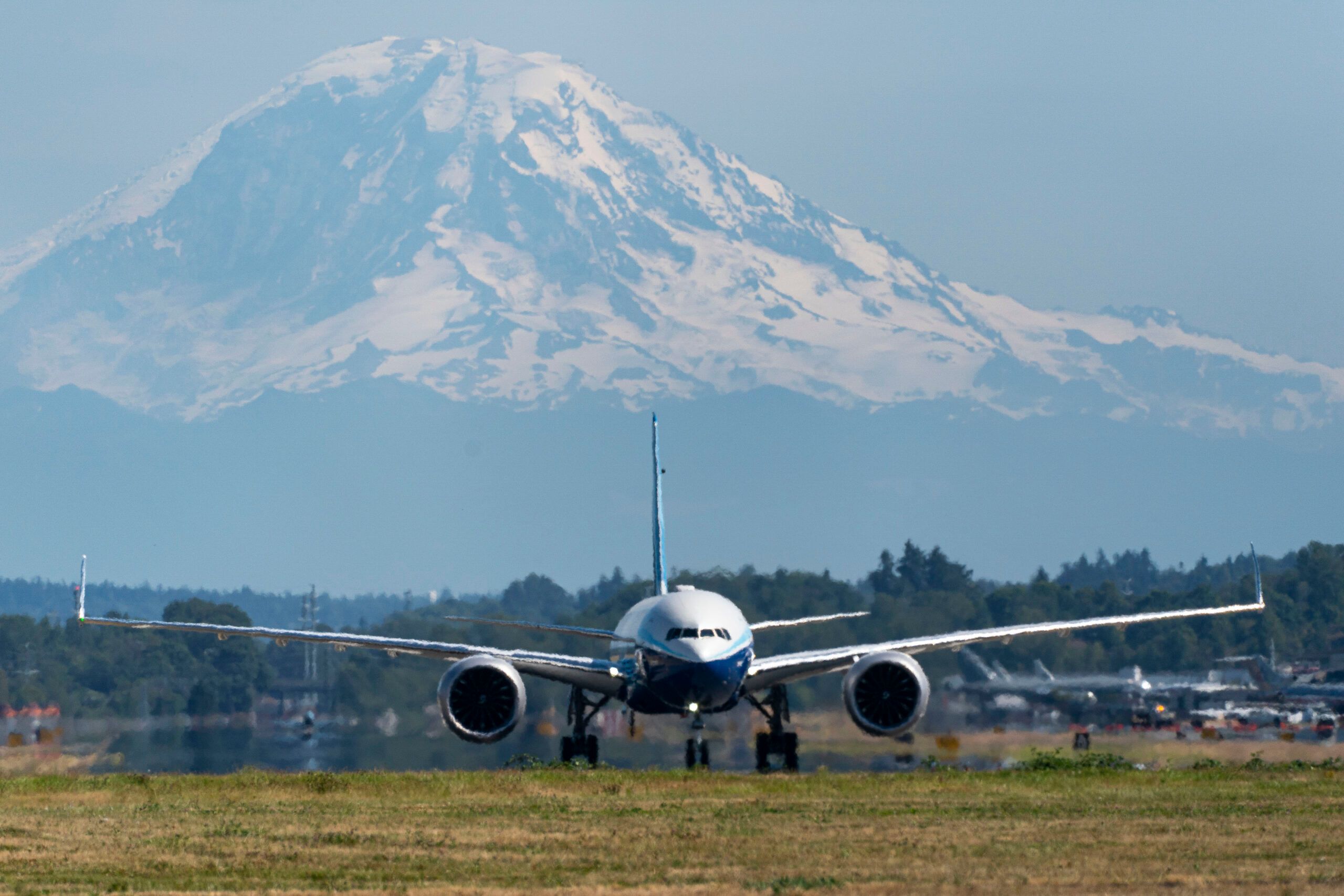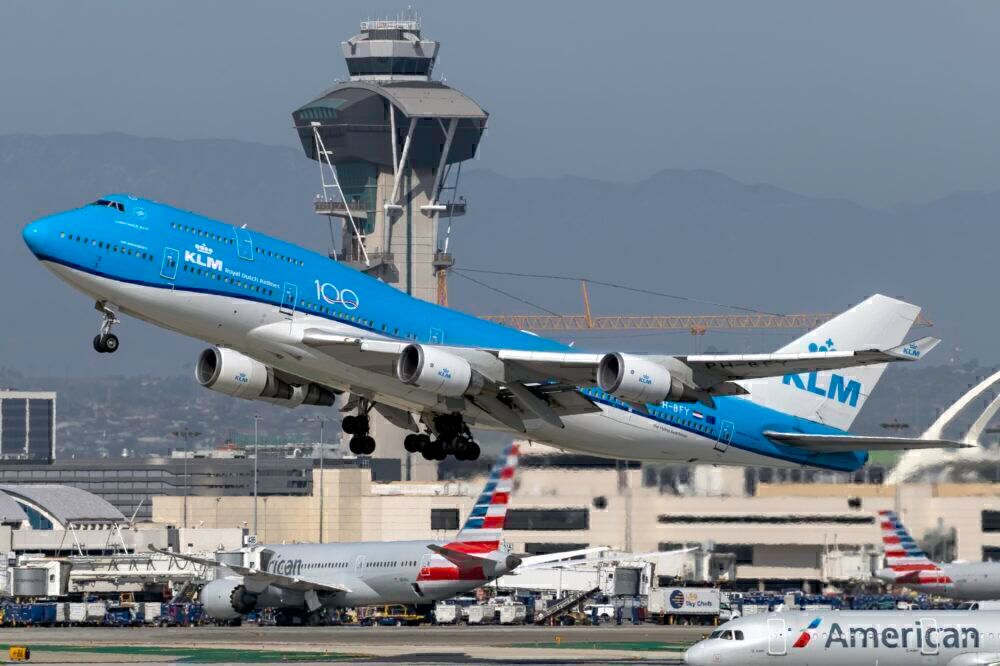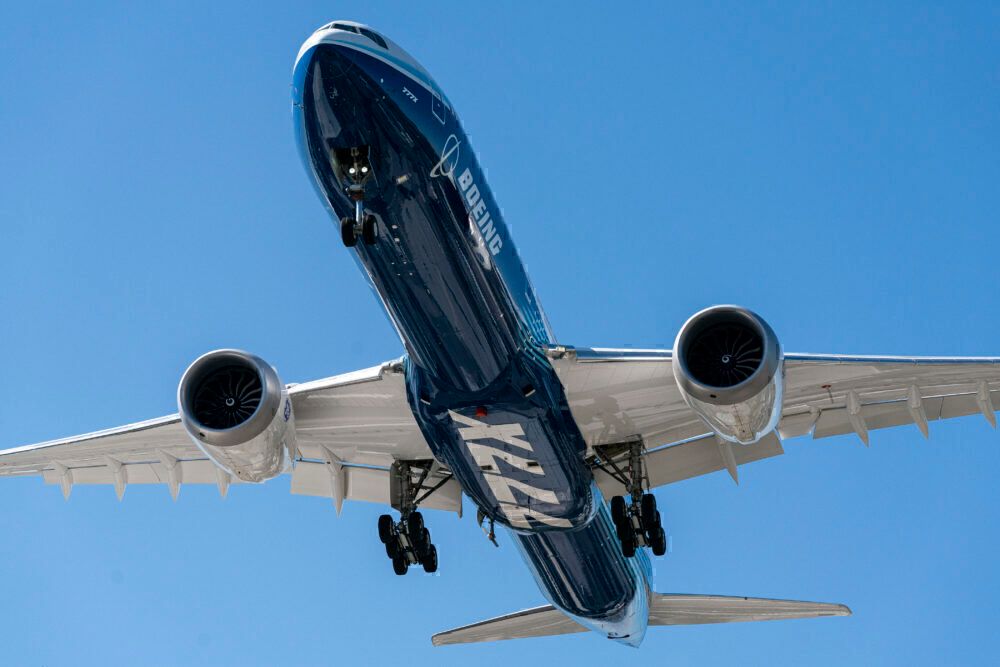Despite various factors having delayed its launch, Boeing's upcoming 777X twinjet is currently one of the world's most highly-anticipated airliners. Now expected to enter service towards the middle of the decade, the 777X features exciting technological innovations. The -9 variant will even overtake the 747-8 as the world's longest airliner. But, in these times of fluctuating demand, could there be a case for Boeing to produce a Combi version?
What is a combi aircraft?
In commercial aviation circles, 'Combi' aircraft are those whose main deck is split between a passenger cabin and an additional cargo area. Such airliners offer increased flexibility on routes with high cargo demand, but not enough to fill a specialist freighter.
The use of an additional cargo area on the main deck increases freight capacity in two ways. Most obviously, this space increases an aircraft's raw cargo capacity in terms of the extra volume. However, it also frees up cargo space in the belly of the aircraft.
This is because, to accommodate the extra cargo area, the passenger capacity must be reduced. This means that, with fewer passengers onboard, less belly space is taken up by checked baggage, thus freeing up even more additional underfloor cargo space.
Stay informed: Sign up for our daily aviation news digest.
Existing Boeing combi airliners
If Boeing developed a 777X Combi, this would not be its first venture into multi-purpose main deck aircraft. Indeed, Dutch flag carrier KLM was known for operating several 747 Combi aircraft, designated as the -200M, -300M, and -400M variants.
Last April, it brought some of these out of retirement as cargo demand increased in the wake of the coronavirus pandemic. It eventually withdrew them six months later, in October 2020. Last year also saw the FAA approve the reconfiguration of Boeing 737-700s into combi aircraft. Bahrain-based cargo airline Texel Air received the first of these 'FlexCombi' planes last August.
Is there a case for a Boeing 777X combi?
While Boeing has developed pure freighter versions of its existing 777 family, a combi variant is yet to emerge. FlightGlobal reports that such a concept was in the pipeline in the mid-1990s, with Boeing having told Taiwan's EVA Air that a 777-200M could be ready by 1997.
This concept never came to fruition, although the Taiwanese carrier does operate the 777F, and has also previously flown the aforementioned 747-400M. However, the airline industry has expanded and developed extensively since the initial 777 Combi proposal 25 years ago.
The last 12 months, in particular, have left a significant impact on commercial aviation that is unlikely to disappear in the near future. For demand to return to pre-pandemic levels will likely take years, which could make particularly the stretched-fuselage 777-9 expensive to operate if it cannot be filled.
Therefore, it seems that Boeing may well have a compelling case to produce a 777X Combi after all. This would offer airlines the greatest degree of flexibility in terms of filling their aircraft with what most needs transporting. After all, as we have seen in recent months, this focus has increasingly fallen on cargo.
Do you think Boeing should produce a Combi variant of its upcoming 777X series? Let us know why or why not in the comments!



